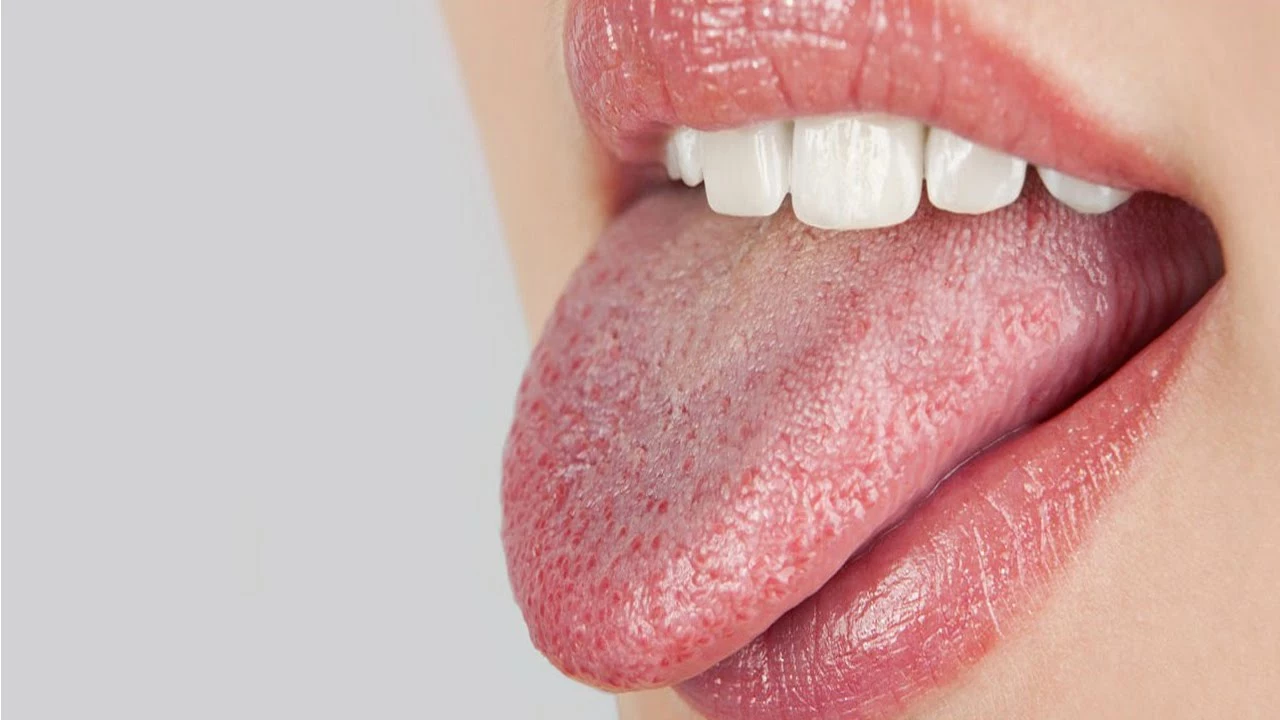Dry Mouth: What It Is and What You Can Do Now
Dry mouth (xerostomia) means your mouth feels sticky, dry, or difficult to swallow because you don’t make enough saliva. That sound small, but saliva protects teeth, helps you taste and swallow, and fights infections. If you notice persistent dryness, cracked lips, bad breath, or trouble chewing, act now—simple steps often help a lot.
What commonly causes dry mouth?
Medications are the number one cause. Antihistamines, some antidepressants, blood pressure meds, diuretics, pain medicines, and many over-the-counter cold drugs can cut saliva flow. Other causes include dehydration, mouth breathing, smoking or vaping, diabetes, radiation to the head and neck, and autoimmune conditions like Sjögren’s syndrome. Aging itself doesn’t cause dry mouth, but older adults take more medications that do.
If dryness hits after starting a new drug, check the label and tell your doctor. Sometimes a different prescription, lower dose, or spacing doses can reduce the problem without losing treatment benefits.
Quick fixes and daily habits that help
Start with easy changes: sip water frequently, keep a small bottle nearby, and take sips while eating to make swallowing easier. Chew sugar-free gum or suck on sugar-free candies with xylitol to trigger saliva. Avoid alcohol, caffeine, and tobacco—they dry the mouth further. Use a bedside humidifier at night and try to breathe through your nose instead of your mouth.
Use saliva substitutes and oral moisturizers (brands like Biotene are common) for instant relief. Brush twice daily with fluoride toothpaste and floss—dry mouth raises cavity risk. Your dentist can recommend stronger fluoride if needed.
For persistent cases, doctors may prescribe drugs that boost saliva, such as pilocarpine or cevimeline. Those work for some people but can have side effects, so discuss risks and benefits. If an autoimmune disease or radiation damage causes your symptoms, treatment focuses on the underlying issue and symptom control.
Watch for warning signs: trouble speaking or swallowing, weight loss, constant sore throat, cracked lips that bleed, or recurring oral yeast infections. If these appear, see your doctor or dentist quickly—untreated dry mouth can lead to dental decay and infections.
Finally, keep a short log: note when dryness started, medicines you take, and what makes it better or worse. That helps your clinician find the cause faster. Dry mouth is common and often manageable with lifestyle tweaks, over-the-counter products, and targeted medical care when needed.
As a blogger, I've recently looked into the science behind dry mouth, and I'm amazed by what I've discovered! It turns out that dry mouth (or xerostomia) is caused by various factors, including dehydration, medications, and medical conditions. One of the primary reasons is a decrease in saliva production by our salivary glands. To prevent dry mouth, it's essential to stay hydrated, maintain proper oral hygiene, and consult with a healthcare professional if needed. So next time you experience dry mouth, remember these tips and take action to keep your mouth healthy and comfortable.

